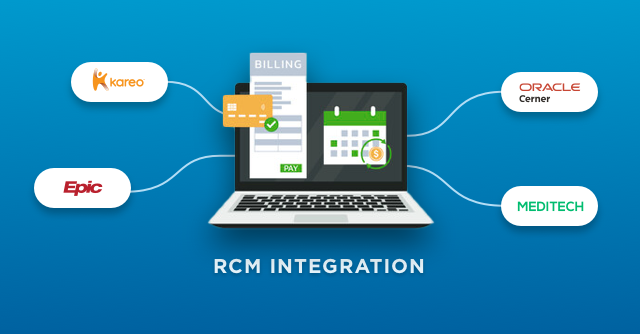
As healthcare organizations manage increasing volumes of data, ensuring seamless integration between Revenue Cycle Management (RCM) systems and Electronic Health Records (EHR) has become crucial. These systems need to communicate effectively, not only to improve operational efficiency but also to enhance patient care.
However, integrating these systems poses challenges, including data interoperability and the complexity of connecting disparate systems. Tackling these challenges requires strategic planning and choosing the right integration tools that can ensure data flows smoothly and securely between your RCM and EHR.
Key Considerations for Integrating RCM and EHR Systems
1. Understand Your Data Flow Requirements
Before diving into integration, it’s essential to map out the data flows between your RCM and EHR systems. Identify key data points that need to be shared, such as patient billing information, appointment scheduling, or claims management. Understanding these flows will help tailor the integration to your specific needs, ensuring a smooth exchange of information.
2. Choose Compatible and Interoperable Software
Selecting integration solutions that are compatible and interoperable with your existing systems is crucial. You’ll want to opt for tools that not only connect your RCM and EHR but also have the flexibility to integrate with future systems as your organization grows.
This is where middleware engines like Iguana can be an invaluable resource. Iguana provides a versatile integration platform that connects various healthcare systems, ensuring that data is exchanged reliably and securely across different platforms. With the ability to handle complex integrations, Iguana supports a range of data formats and communication protocols, simplifying the connection between your RCM and EHR.
3. Ensure Compliance with Data Security Standards
Security should be at the forefront of any integration strategy, especially when dealing with sensitive healthcare data. Make sure that your integration solution complies with all relevant data protection standards, and that it offers robust security measures like log encryption and user access control.
How Iguana Can Help Simplify Your Integration
While there are various options for integrating RCM and EHR systems, iNTERFACEWARE’s Iguana integration engine offers a proven solution designed specifically for the healthcare industry. Iguana supports a wide range of integration scenarios, from simple data exchanges to complex, multi-system workflows. Its flexibility allows for seamless integration across various healthcare applications, making it easier for organizations to connect their RCM and EHR systems efficiently.
Ready to explore how Iguana can simplify your integration processes? Learn more about how it can help your organization achieve interoperability across your systems.
